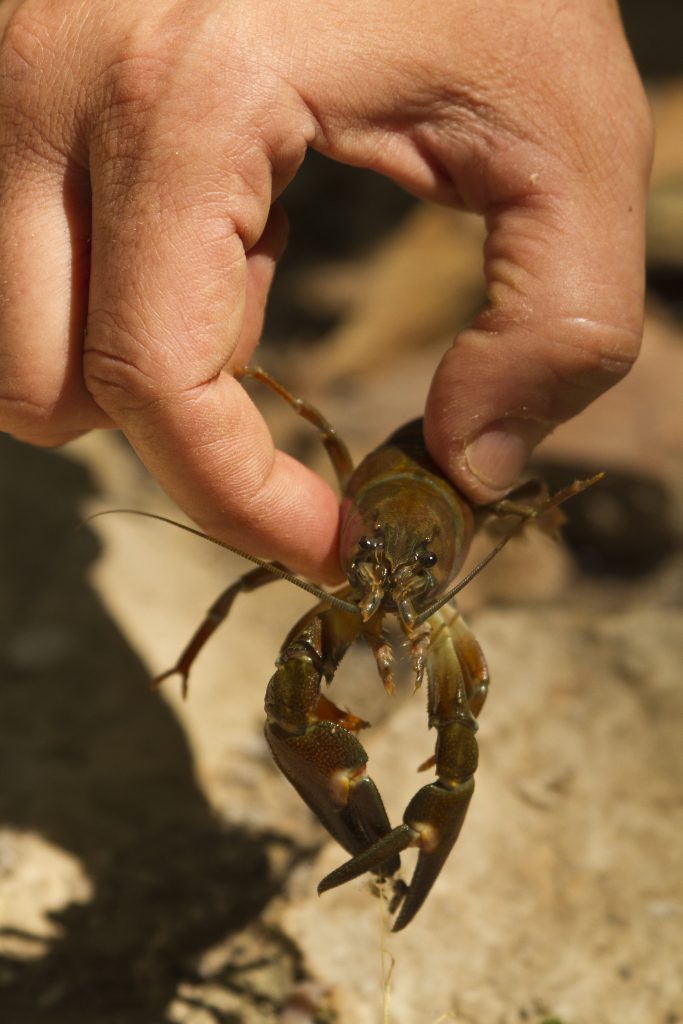Homer to host invasive species workshop
November 7, 2018
The Alaska Invasive Species Workshop, Nov. 13-15 in Homer, will highlight invasive
species management and research statewide and will emphasize marine species.

The theme is “Surf and Turf: Invasive Species Above and Below the Tideline.” The annual event kicks off with a free workshop on invasive species at 5:30 p.m. Nov. 12, followed by a 6:30 p.m. public lecture at the Alaska Islands and Ocean Visitor Center. Matthew Barnes, an assistant professor from Texas Tech University, will talk about the forensic use of environmental DNA to survey for and manage invasive species. Environmental DNA is the DNA of organisms contained in soil or water samples.
The University of Alaska Fairbanks Cooperative Extension Service and the Alaska Committee For Noxious and Invasive Pest Management will host the workshop at Land’s End Resort, 4786 Homer Spit Road.
In a keynote address, Barnes will talk about managing invasive species by harvesting and eating them. Several other presentations will be made on “invasivores,” or people who eat invasive species for culinary enjoyment or to help control them. Workshop coordinator Gino Graziano said the management approach is used around the country on the more palatable invasive species, including signal crayfish in Kodiak. Graziano said the invasivore refrain is, “If you can’t beat them, eat them.”
Presentations will cover invasive species in Dutch Harbor and the Pribilof Islands, the European green crab and invertebrate tunicates in Kachemak Bay, and Didemnum vexillum, a highly invasive tunicate found near Sitka. Other topics include partnerships to create awareness about invasive species and the management of species of specific concern, such as elodea, hawkweed, Canada thistle, chokecherry, knapweed and European earthworms.
The agenda and registration information are available at www.uaf.edu/ces/invasives/conference. For more information, contact Graziano at 907-786-6315 or gagraziano@alaska.edu.


